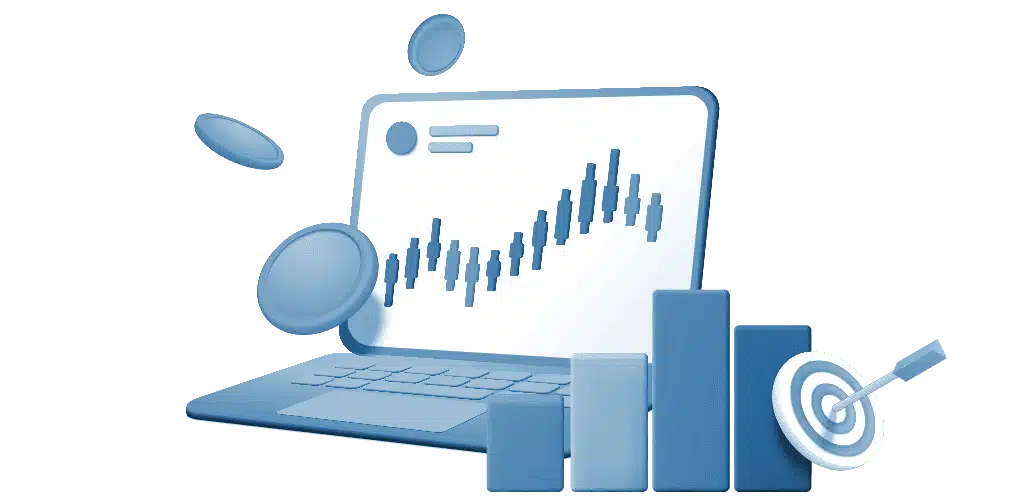Essential Trading Strategies for Market Success
Developing effective trading strategies requires understanding various approaches suited to different market conditions and personal trading styles. Day trading involves opening and closing positions within the same trading day, capitalizing on short-term price movements and market volatility. This strategy demands significant time commitment, quick decision-making skills, and robust risk management protocols.
Swing trading represents a middle-ground approach, holding positions for several days to weeks, allowing traders to capture medium-term price movements while requiring less intensive market monitoring. Position trading involves longer-term holdings, focusing on fundamental analysis and major market trends that develop over months or years.
Scalping strategies target small price movements throughout the trading day, requiring high-frequency trading and advanced technical analysis skills. Each strategy demands different skill sets, time commitments, and risk tolerance levels, making it crucial for beginners to align their chosen approach with personal circumstances and trading objectives.




